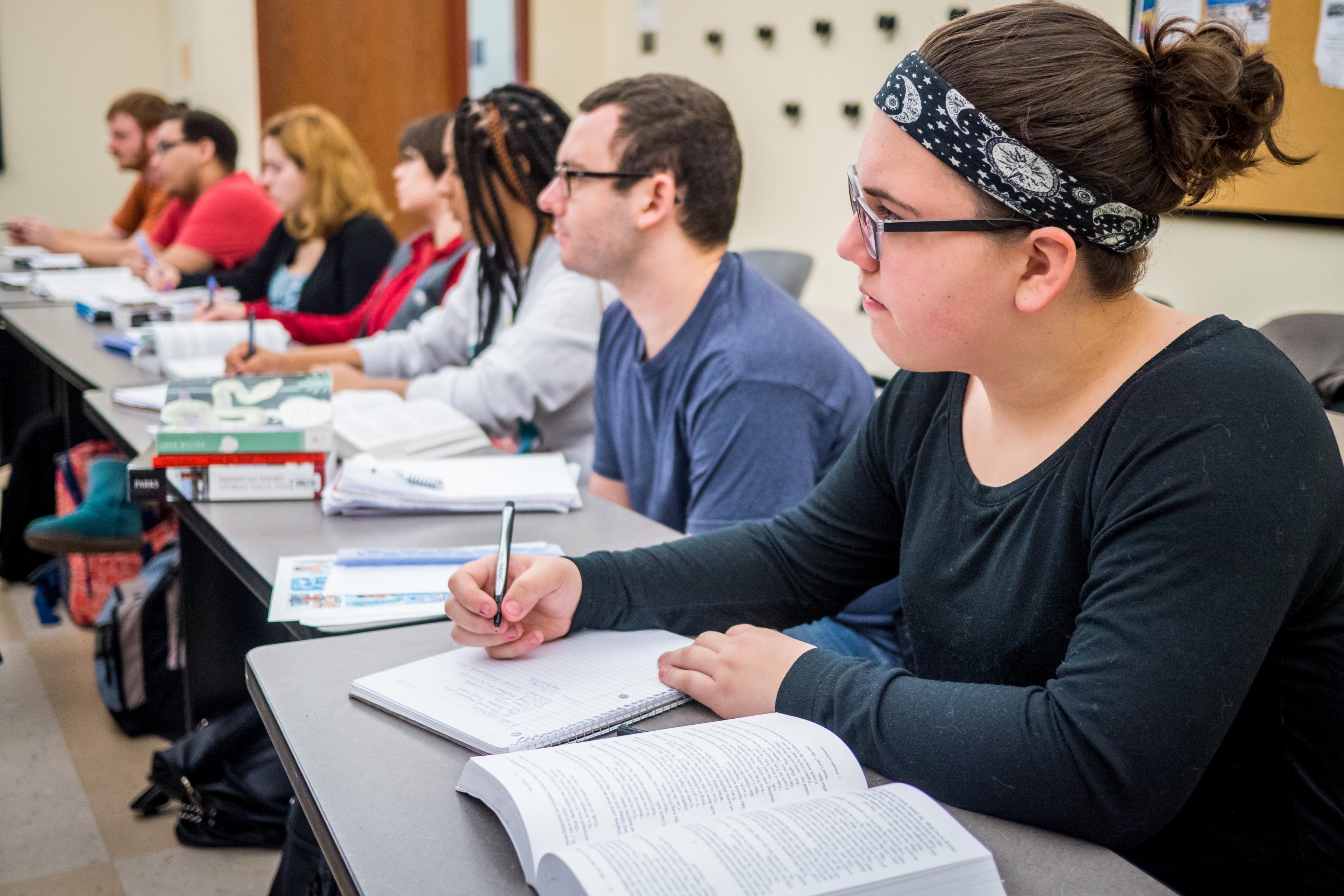

We will be looking at questions of genre, and at the reasons for the quotation marks bracketing the word genre in the heading. In the first hour of each class, we will be doing close readings of an assigned text (please see ‘Syllabus’), with the aim of isolating some concept or aspect of the genre under discussion in order to take bearings for your own. Genre Fiction Workshop: Sci-Fi, Fantasy, Speculative Fiction, Horror, The Ghost Story, The New Weird Please submit a writing sample of 3-5 pages of fiction, narrative non-fiction, journalism or personal essay, along with an application letter explaining your interest in this course, any writing experience you feel is relevant, and listing examples of work that moves and/or influences you, explaining why it does.Īpply via Submittable (deadline: Sunday, August 22 at 11:59pm EST)Įnglish Cgf. Supplemental Application Information: Prior experience writing fiction is helpful but not required. Finally, we will workshop the revised stories that have emerged from this process. The second third will involve refining the story’s arc, research and formal decision-making, and writing a first draft. The first third of the class will involve preparing and conducting interviews with a chosen subject, and sharing those interviews with the class. We will read published examples of fact-based fiction, and discuss the authors’ choices. Several published writers will visit the class to share their experiences of research, and of the relation in their work of fact to invention. How might we, as fiction writers, address reality, without simply writing about ourselves Each person we encounter is a bearer of wisdom and vast experience so many urgent stories remain untold. In these riven and challenging times, storytelling is vital: learning to listen, to engage, and responsibly to relay what we discover. What is most urgent? What is most emotionally affecting? What are the details from an interview that stay with you? And from there: what, from a broader account, is the story you are moved to relate? Once you make that choice, how do you do further research, if necessary? How do you select the point of view, the frame, the characters for your fiction? What are the ethics and responsibilities of these choices? The aims of the semester are to learn to listen to someone else’s story in interviews, and to endeavor to find, from there, the necessary bones for a fictional narrative. In this course, we will explore the evolution of a story from a factual anecdote or incident to a fictional creation.


 0 kommentar(er)
0 kommentar(er)
